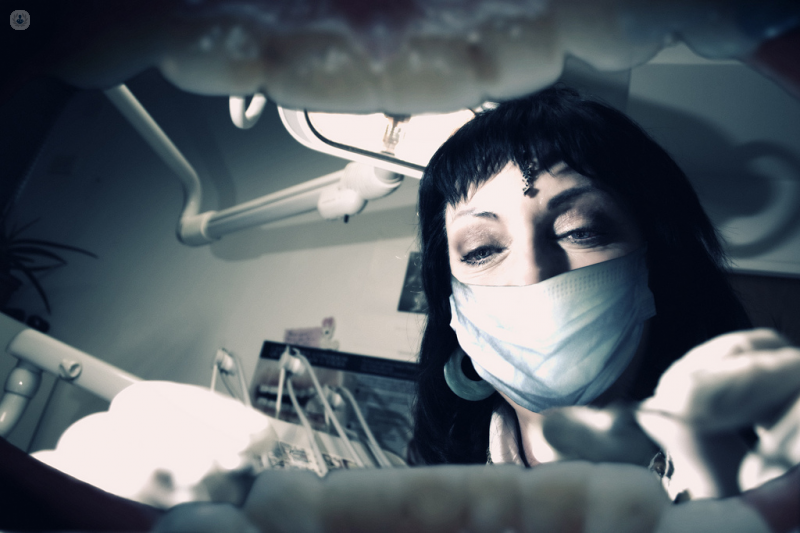


What is it?
Dental phobia is a fear of dentistry and dental care. While most phobias are irrational or excessive, in some situations what is termed “dental phobia” may be based on a previous bad or traumatic experience with dentistry, and may be more akin to post-traumatic stress disorder than a true phobia. In other cases, it may be irrational.
What are the symptoms?
Dental phobia is characterised by an extreme fear of dentists and dental care, including visiting the dentist, having dental work done, and even the sounds and smells associated with a dental surgery.
One in four people dislike or dread visiting the dentist, but those with a full-blown phobia may avoid going for a check-up for years. When fear begins to affect the way you live your life, it can have consequences for other aspects of your health – by avoiding visiting the dentist, patients can develop problems with their teeth that go untreated.
True phobias can cause a number of anxiety-related symptoms when triggered, including accelerated heart-rate, nausea, and shortness of breath.
Causes or what produces it.
Fear of dentists or dental care may have a completely logical root – in most cases the patient has had an extremely unpleasant, or even traumatic experience with a dental procedure in the past. This may have involved some kind of complication or accident, an incident which caused a lot of pain, or simply a dentist with the wrong attitude – dentists who appear impersonal, cold, distant, uncaring or uninterested often have higher levels of dental fear in patients.
The fear can also come from indirect sources, such as hearing about other people’s bad experiences, or from the portrayal of dentistry in mass media.
How can it be prevented?
With modern dental advances, both in practice and in the more positive atmosphere that clinics try to create, there is a real effort to reduce negative associations with dentistry. However, phobias are complex psychological conditions, and are virtually impossible to prevent.
What is the treatment?
If you have a fear of the dentist, it is still important to visit one for the sake of your teeth. Finding an understanding dentist with a good bedside manner is key to overcoming your fear. As with many situational phobias, the way to treat the fear is to face it. Some tips for doing this include:
- Visit the surgery to meet the dentist and staff before your first check-up.
- Book your first appointment early in the morning to reduce the time you spend beforehand dwelling on it.
- Have a friend or family member go with you to the appointment.
For patients who are extremely nervous, some special clinics offer sedation to relax them.
As with all phobias, there are psychological techniques and therapies, like CBT (cognitive behavioural therapy) that some patients find useful in overcoming their fear.
